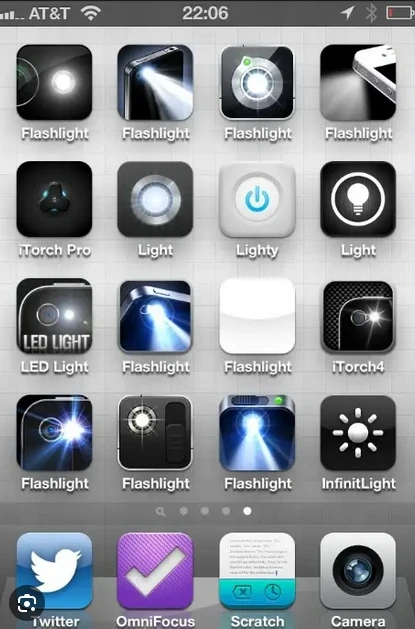this post was submitted on 05 May 2024
326 points (100.0% liked)
196
16801 readers
2072 users here now
Be sure to follow the rule before you head out.
Rule: You must post before you leave.
founded 2 years ago
MODERATORS
you are viewing a single comment's thread
view the rest of the comments
view the rest of the comments

Wouldn’t agree.
You could’ve recorded a 30 minute video with the flashlight on without any issues. They also wouldn’t allow API access to the flashlight hardware for those apps if it was damaging the phones.
Plastic Sony Ericssons and Nokias had flashlights circa 2005 and could shine day and night and every one of those phones had internal power control of the LED (it would shine brighter when taking a photo and be dimmer when used as a flashlight).
Meanwhile metal and glass iPhones with even better heat dissipation didn’t have flashlight as a system feature until iOS 7 in 2013.
I don't know about the heat aspect, but third party flashlight apps are just using the camera API without showing you a viewfinder or exposing shutter controls.
Even the built-in flashlight toggles on Android are still just creating a camera session and enabling the flash.
To block third party flashlight apps, manufacturers would have to block third party camera apps too, or add in some sort of global time limit for the flash.
That’s actually correct but I assumed they opened up the API afterwards. I used to notice it before because the optical image stabilization would kick in and you could hear the solenoids kick the lens around as you move the phone.